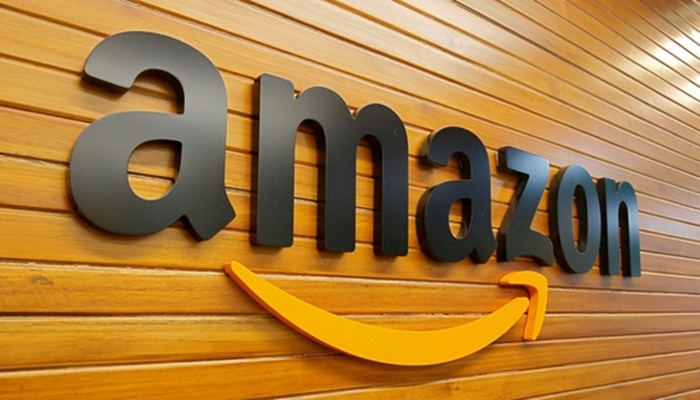In a 2,500-word memo that went viral earlier this month, AT&T Inc. (T) CEO John Stankey’s message was that workplace loyalty is dead.1 While blaming workers for being “misaligned” and telling them to find new jobs if they don’t like his company’s return-to-office mandate, he inadvertently exposed one of the reasons America’s workers feel disconnected from their jobs: workers don’t feel appreciated.
According to the Achievers Workforce Institute State of Recognition Report 2025, manager recognition dropped from 20% to just 15% in one year, while weekly employee recognition overall crashed from 29% to 19%.2 Companies stopped saying thank you, and workers stopped feeling valued—creating a loyalty crisis that goes far beyond any single company.
The Recognition Recession Hitting Corporate America
The Achievers report reveals a devastating shift in workplace recognition patterns. While weekly recognition dropped by a third, quarterly recognition more than doubled, creating a delay in recognition for employees that might trust and motivation.
This isn’t just about changing corporate habits. Researchers have found that employee recognition directly affects their sense of well-being. But when recognition comes months after the achievement, the dopamine release that reinforces positive behavior virtually disappears.
Why Recognition at Work Matters
A longitudinal study by Workhuman and Gallup that followed over 3,400 employees from 2022 to 2024 found that workers who received high-quality recognition were 45% less likely to leave their jobs by the end of the period. The research also revealed a significant shift in executive thinking—42% of senior leaders agreed that recognition must be central to engagement and retention strategies, up dramatically from just 28% two years earlier.
This executive awakening comes as companies face the real costs of recognition gaps. When AT&T’s CEO John Stankey told managers the company had “consciously shifted away from familial loyalty toward a more market-based culture,” he exhibited a transactional view of employees that could prove costly in terms of retaining the best employees or having to train new ones when they leave.1
The impact extends beyond retention. MIT Sloan Management Review’s research on toxic workplace culture found that employees are 10 times more likely to leave because of cultural issues than insufficient compensation.5 Delayed or inadequate recognition signals to employees that their contributions don’t matter enough to be acknowledged promptly—a marker of a workplace that could turn toxic.
How To Do It Right
Experts suggest that the solution isn’t more recognition, but making it better timed and more meaningful.3 Employees who receive meaningful recognition weekly are nine times more likely to feel a sense of belonging and six times more likely to want to have a long-term career at their company.2
Many businesses are trying out different ways to ensure employees feel they’re recognized. For example, some are implementing what the Harvard Business Review calls “reflective recognition”—an approach where employees get to share what they’re proud of and why.6 The method is supposed to ensure that company recognition focuses on what employees want to be appreciated for, not just what managers happen to notice.
The Bottom Line
Delayed recognition or getting none at all doesn’t just hurt feelings—it can erode trust and loyalty in the workplace. Companies that fail to acknowledge employees in real time risk losing their best people, while those that embrace timely, meaningful praise can build stronger teams and a culture where top talent actually wants to stay.
Source – https://www.investopedia.com/delayed-recognition-and-workplace-loyalty-11795734




















